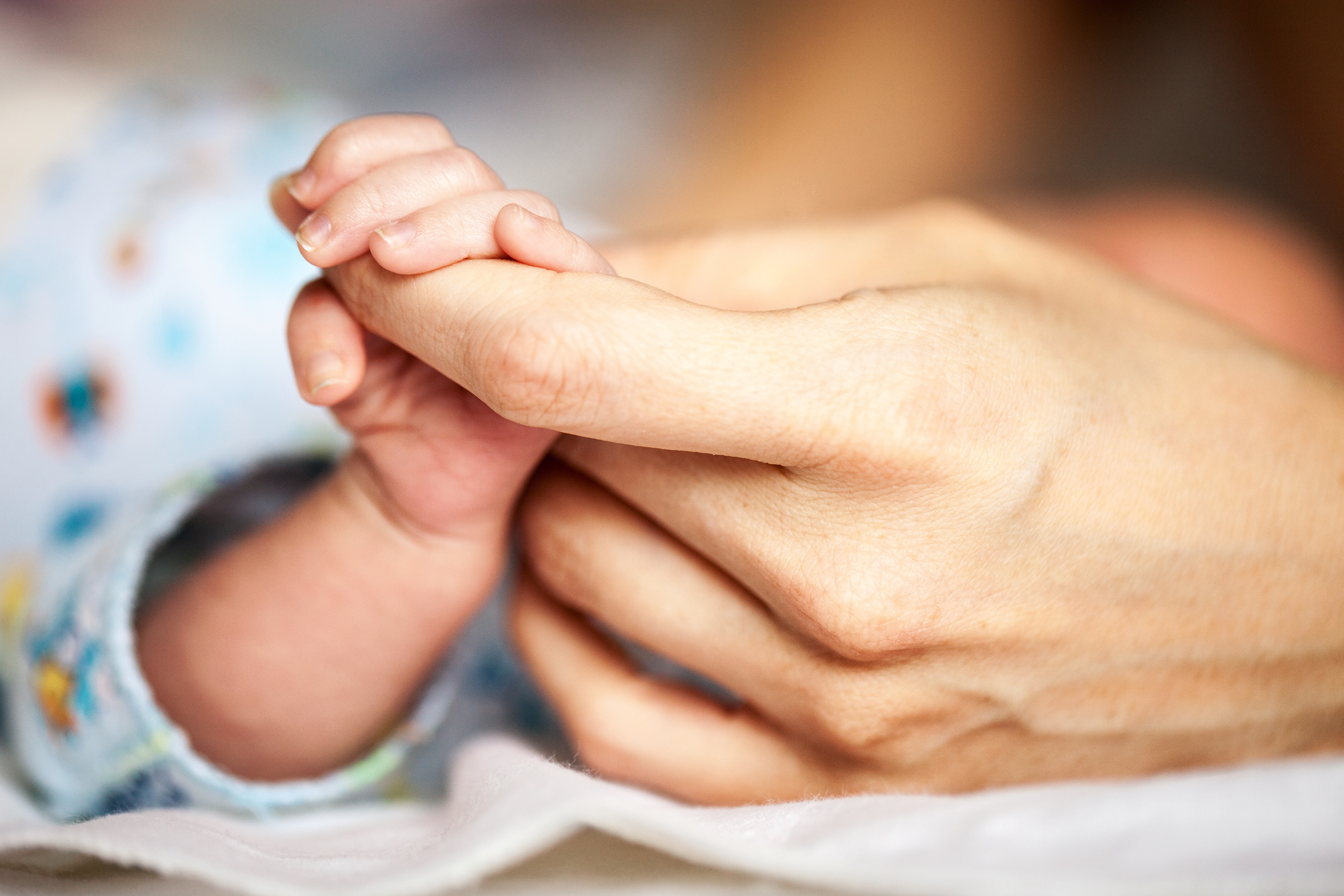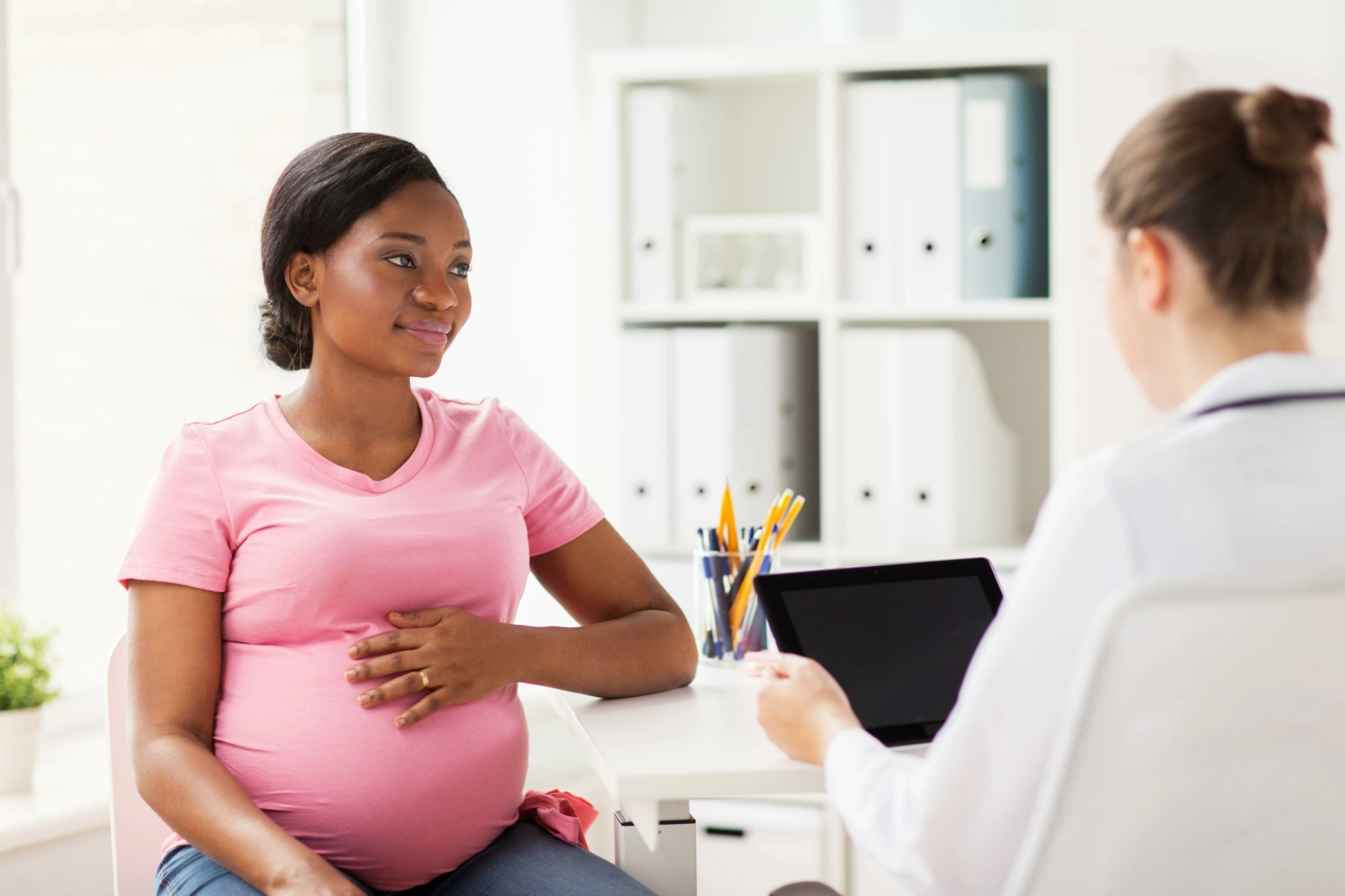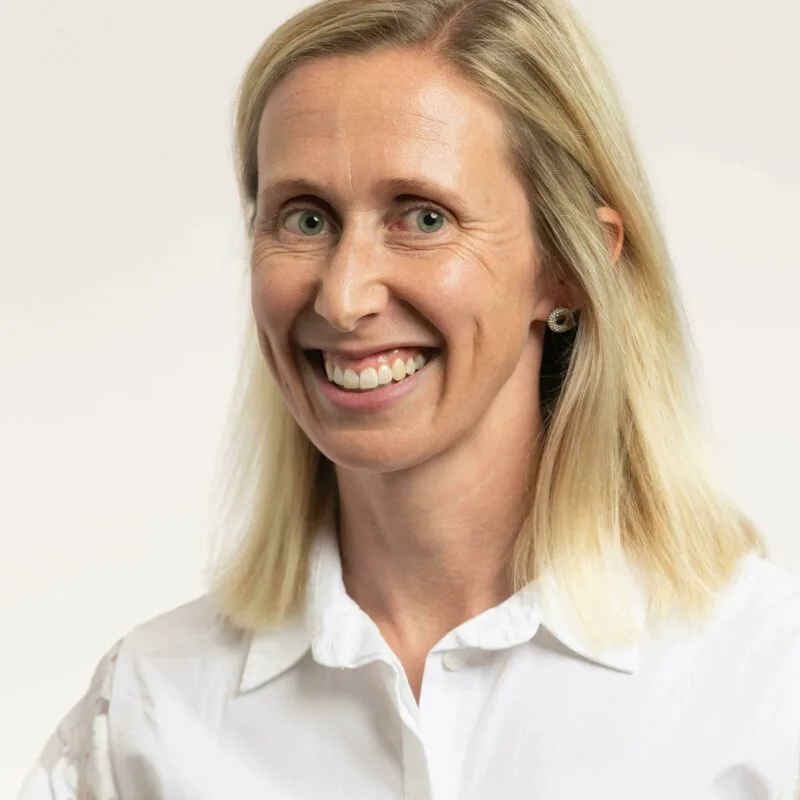At present, there are only two proven prevention strategies for cerebral palsy.
One of these is an inexpensive medication called magnesium sulphate. It is given to women who are at risk of having their babies preterm, to protect their babies' brains.
While magnesium sulphate is now a standard treatment, recommended for women at risk of having their babies early, many questions remain unanswered:
- Who should receive the treatment? E.g., will magnesium sulphate help babies born a few weeks early versus those born a few months early?
- When should the treatment be given to women? E.g., as soon as women present to hospital in preterm labour, or as close to their babies' births as possible?
- How should the treatment be given? E.g., one dose only, or ongoing doses?
Because we do not know these answers, there are currently different recommendations around the world for who, when and how to give magnesium sulphate. This lowers confidence in, and use of, the treatment.

So how do we move forward?
Undertaking another large, very expensive trial, may not answer our questions. Indeed, new trials conducted in recent years have not been able to provide conclusive answers.
Instead, we will conduct an 'individual participant data meta-analysis.' This design brings together data from all the high-quality studies that have already been completed around the world.
This is an efficient and cost-effective way to maximise the potential of these completed studies, and the contribution of all the women and children who have been involved.
Using high-level statistics, we will look at all the data put together, to answer the questions that remain. We expect that our findings will lead to updated, consistent recommendations for the use of magnesium sulphate globally. Ultimately, this will help prevent more children from having cerebral palsy.
Project Leader
PARTNERING INSTITUTIONS
University of Adelaide, University of Melbourne, University of Auckland, University of Sydney


